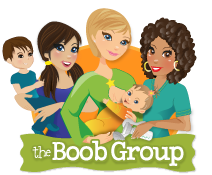Cesarean
Recently Added
Show: Preggie Pals

With more babies being born by Cesarean section, a new movement is campaigning to create a more natural experience for both mom and baby. It's known as the "Natural Cesarean" or "Family-Centered Cesarean". But, is it right for you?
Listen to podcast episode
Show: Preggie Pals

You were planning for a vaginal birth, but then you learn your baby is breech. Fetal position is often overlooked until late in the pregnancy, so what are your options? Should you try and get your baby to turn? Can you deliver a breech baby vaginally? What are the concerns for both mom and baby?
Listen to podcast episode
Show: Twin Talks

Sometimes it's an emergency and sometimes it's planned, but still many mothers of twins birth their babies via cesarean. How should you prepare for the surgery? And what can you expect to have happen in the operating room?
Listen to podcast episode
Show: Preggie Pals
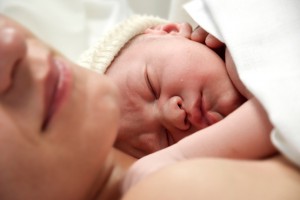
Your first baby was born via c-section and with this time you're hoping to have a vaginal birth, or VBAC (vaginal birth after cesarean). You may have heard about some of the risks, but what does it all actually mean? Are VBACs more risky than having a repeat c-section? What factors should you consider before making this big decision for both you and your baby?
Listen to podcast episode
Show: Twin Talks

Yes! A vaginal birth is possible when you're pregnant with twins! So, what makes you a good candidate for giving birth this way? How should you prepare yourself? And is it true that you really have to labor in the operating room?
Listen to podcast episode
Show: Twin Talks
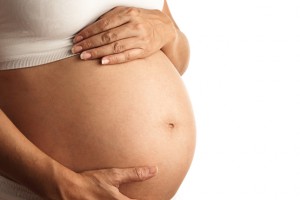
If you recently learned you are carrying twins, you may be a bit anxious about your pregnancy. Are you still able to have a vaginal birth if you're pregnant with twins? Is it really rare to be pregnant the full 40 weeks? And it bedrest pretty much unavoidable? Today we're debunking some of the common myths associated with twin pregnancy.
Listen to podcast episode
Show: Twin Talks
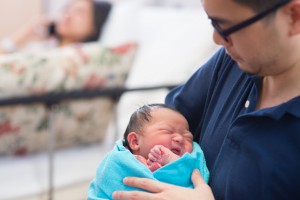
You've just had your twin babies. It may take some time for you to feel "normal" again. How does the recovery process differ for a new mom of twins. What can you expect after having either a vaginal or cesarean birth- or perhaps both?
Listen to podcast episode
Show: Preggie Pals

Most women have been told not to eat anything while in labor, but why? What are the risks to both you and your baby? How do current guidelines vary for vaginal versus cesarean births? Today we'll discuss why most medical providers restrict what you can eat and drink prior to the birth of your baby, and you'll learn more about a new study indicating a light meal during labor can actually be helpful for low risk pregnancies.
Listen to podcast episode
Show: Parent Savers
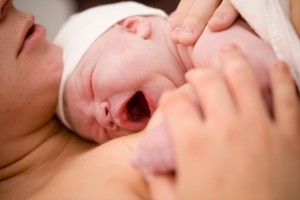
Your little one didn't arrive as planned and now you're trying to pick of pieces of the shattered childbirth experience you wish you had. How do you resolve this emotional and sometimes physical conflict?
Listen to podcast episode
Show: The Boob Group

With cesarean, induction and epidural rates at an all-time high, what effects might birth interventions have on your ability to meet your breastfeeding goals and what are your options if these interventions are absolutely needed?
Listen to podcast episode



